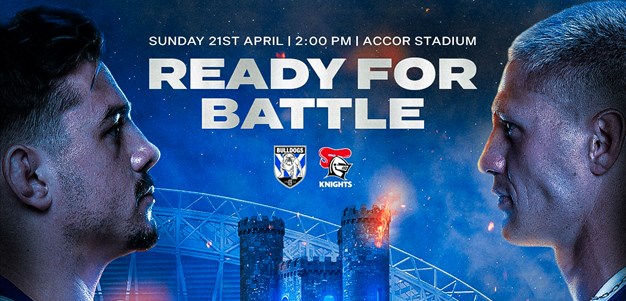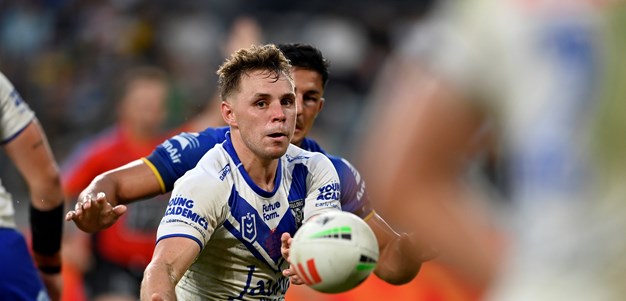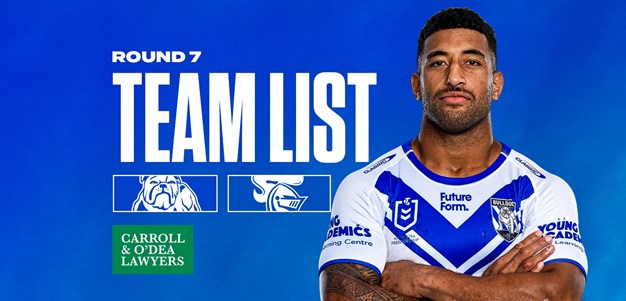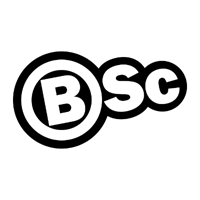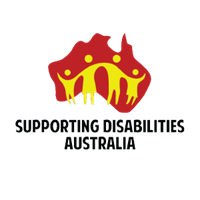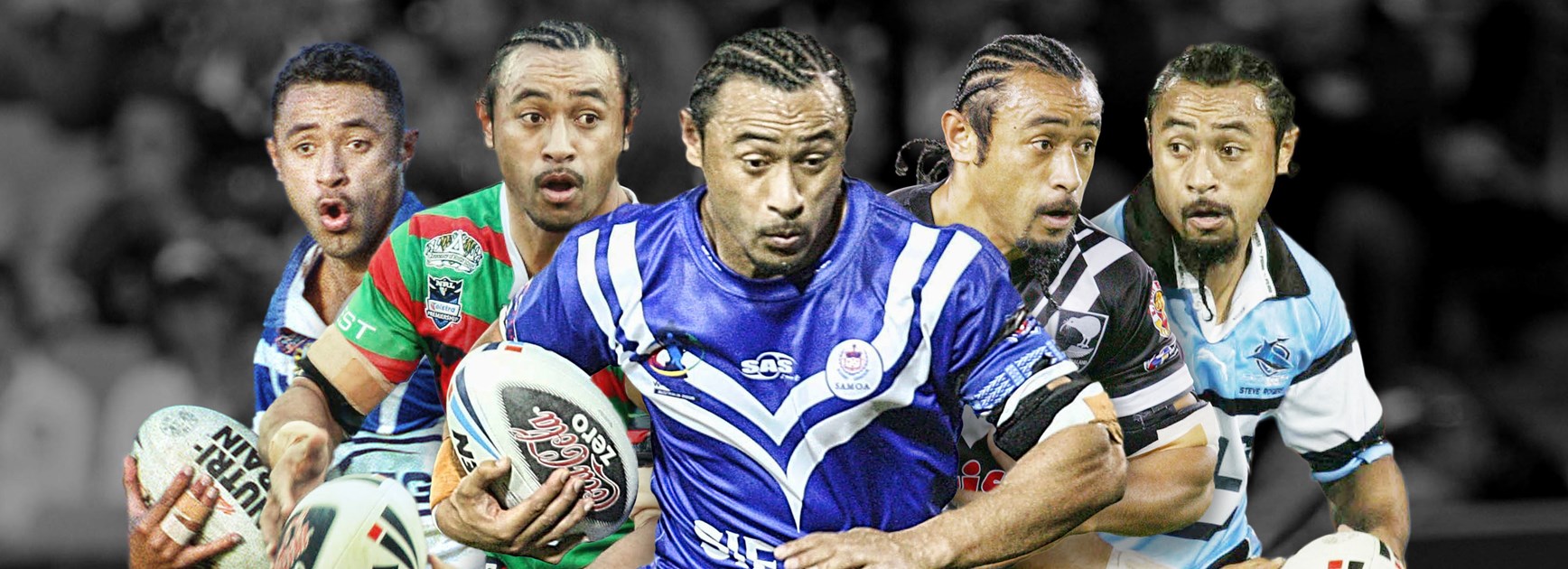
NRL.com is bringing back the legendary series of Legend Q&As made famous by Rugby League Week magazine.
We will be reliving the achievements of some past champions, sharing the highs and lows of their brilliant careers.
From the hardmen to the speed men, Origin heroes to Kangaroos, modern masters to greats of yesteryear, you can take a trip down memory lane in the Legend Q&A series featuring new interviews plus some classics we've dusted off from the RLW archives.
The first cab off the Legends rank is classy Kiwi Nigel Vagana, who was was one of the most potent attacking weapons in world rugby league at the height of his powers in the early 2000s.
Twice crowned Dally M Centre of the Year, Vagana spent 12 seasons with the Warriors, Bulldogs, Sharks and Rabbitohs and bagged 140 tries in 240 games - a fair strike rate in anyone's language.
Nigel Vagana
You were part of the wider squad for the very first year of the Auckland Warriors in 1995. What are your memories of that first season?
That first year was pretty amazing. I was part of the squad but didn't make it onto the field with the top team, but I played Auckland Colts and reserve grade all year and I was really happy with that. We were the first professional sports team in New Zealand full stop, so for the whole country it was something new. That year changed the way Kiwis approached sport.
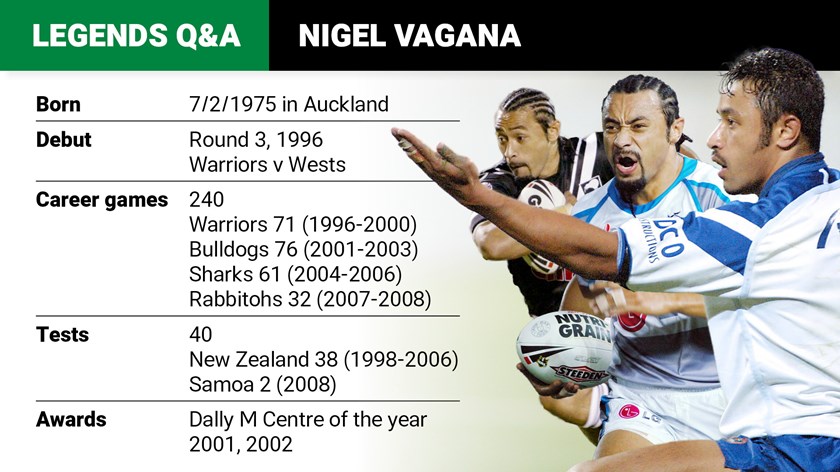
And when the time came to make your first-grade debut the following year you ended up replacing a former All Black favourite. Talk about pressure…
Yeah, the Warriors had signed John Kirwan that year and I remember he was touch-and-go with an injury. I went to hop on the bus to training and got pulled aside and told 'JK' was no good and that I was going to be playing first grade the next day. I spent the next 24 hours panicking. I was on the bench and thought I wouldn't get on… sure enough someone got hurt so I ended up running on the wing next to Tea Ropati. Tea had won Player of the Year the year before, so I spent the game asking him questions about what I was meant to be doing and he ended up saying 'just shut up man, I can't hear the others talking over you!'
You headed to England in 1997 and played Super League with Warrington. What was that experience like?
I'd played one game for the Warriors when I went to Warrington and I decided I actually didn't want to play NRL and I wanted to stay in Europe for 10 or 15 years to see the world. When I got asked if I wanted to go to the UK I said yes straight away and I signed a basic deal with no real negotiation. But at the end of the year at Warrington there were financial issues going on and some of the guys in the team weren't getting paid, so when Frank Endacott asked me to come home to the Warriors I took up the offer. I think coming back probably worked out better for me in the end, both footy-wise and off the field. I ended up meeting my wife when I got back, so it ended up working out OK.
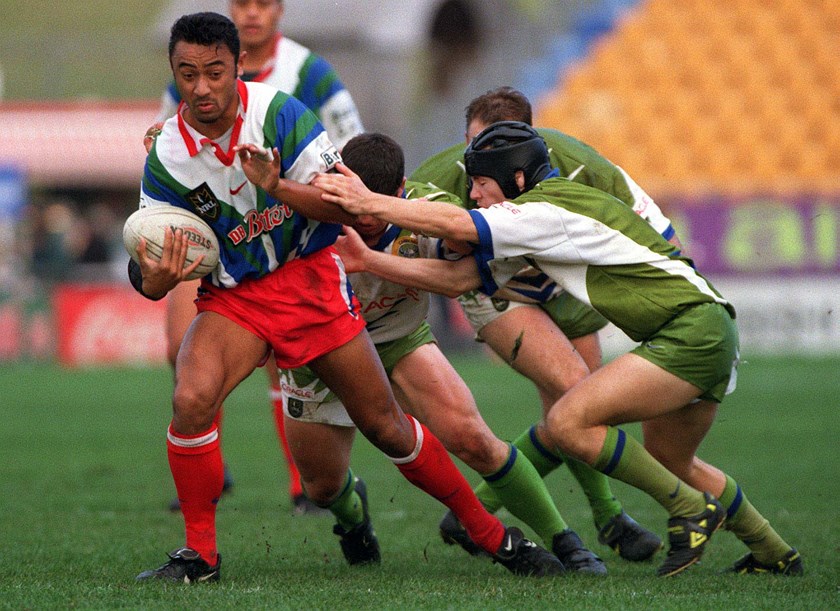
By the end of the year 2000 you were an established NRL and Test player, so what was behind the decision to move across from Auckland to the Bulldogs?
I was talking to the Warriors about an extension and things weren't going as well as they could have. The club was under a whole lot of pressure because of the ownership situation at the time. One of my old Auckland coaches, John Ackland, was scouting for the Bulldogs and came knocking at my door and asked if I wanted to go to the Bulldogs. It all went from there.
Those two clubs were chalk and cheese at the time. How did you find the adjustment?
It really opened my eyes to the way things were done differently all over the place. At the Warriors we thought what we were doing was what everyone else was doing, but that wasn't the case. It was a shock, the intensity was just crazy, I remember going to training one time and looking at the schedule and saying to someone 'I think I've got the wrong one, this has got us only training for two hours'. I thought that was really cool but then found out the Bulldogs killed you in that two hours. That's just how it worked at the club at that time.
In 2002 the Bulldogs were favourites for the premiership before the club was stripped of all their points for breaching the salary cap. Does that still hurt today?
Looking back now I probably still don't understand the impact it had. At the time you think you'll play forever and when you lose an opportunity that there'll just be another one later. I don't think we really understood what was happening, but I remember thinking about how all my hard work in the pre-season had been for nothing.
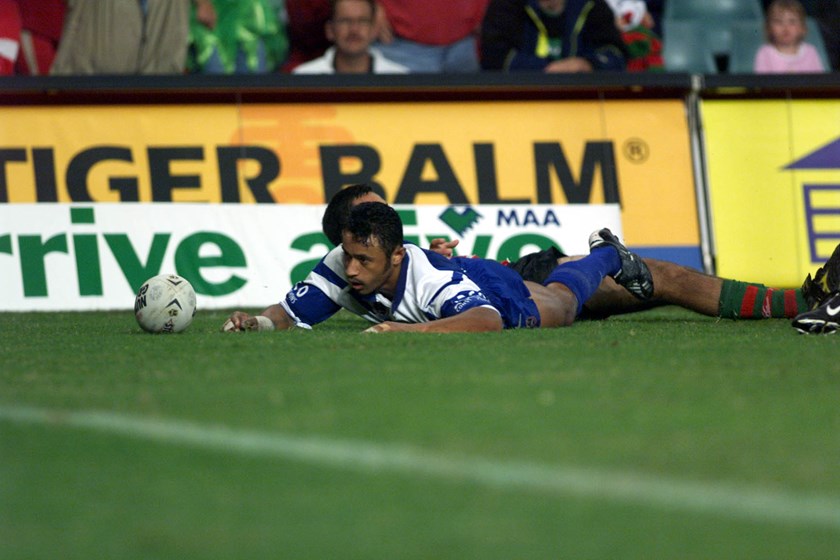
You averaged more than a try every two games during your NRL career and were the Kiwis' all-time top try-scorer when you retired. Did you always have a knack for finding your way to the line?
I always scored a lot of tries… I grew up in Central Auckland where the players were big and quickly figured out as a little fella that the easiest way not to get hurt was to not get caught, so I ended up becoming very good at finding space and scoring tries.
Your first two Test appearances were victories over Australia, and in total you beat them five times in your career. Do those games stand out when you think back now?
I was really lucky to come through when I did. The first Anzac Test in 1998 was special, playing alongside the legends I had looked up to. When I was living in Australia those wins became even better and they became useful tools in an argument with Australians. I remember talking to John Ackland one time and he told me 'not many people get to beat Australia in a Test, you've done it five times', which I'd never thought of until then.
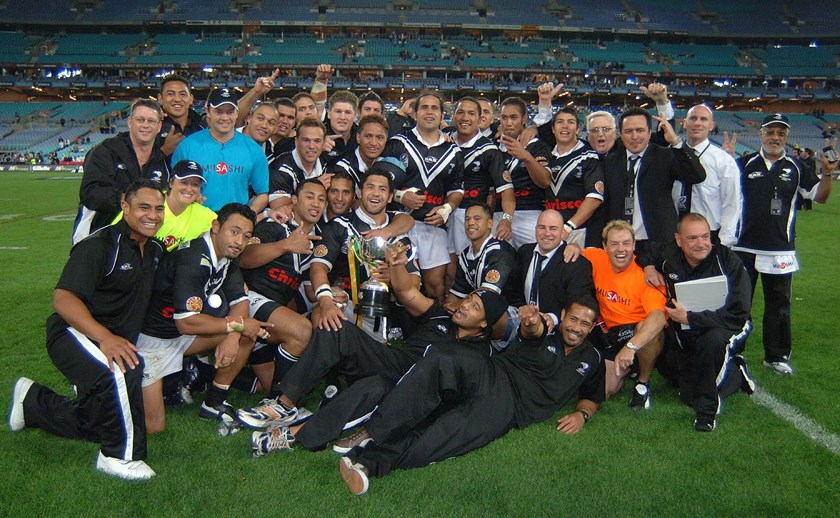
You were also part of the 2005 team which beat Australia 24-0 in the Tri-Nations final. What made that team so special?
We had a really good group and Bluey [coach Brian McClennan] encouraged us to play like Kiwis and not like Aussies. Everything started clicking during the campaign. He also picked players like David Solomona from the Super League. He copped a bit of flak for that and people were saying 'Why have you picked this guy? He's been playing Super League for years and he's lost pace with the game'. Dave ended up being one of our best players in that campaign.
Speaking of David, he was part of a group of guys you played with your whole life. Did it always mean a bit more taking the field with those players?
It was amazing and it's one of the things I really hold close to me now. I went to school with Stacey Jones, [my cousin] Joe Vagana, David, and I played a lot of footy growing up against Awen Guttenbeil and Logan Swann. To grow up and end up touring with them in places like France, we were always very grateful for that opportunity rugby league gave us. It made it all the more special. You were doing the same things you did as kids, it was just on TV now.
You finished your career with two seasons at South Sydney. What was it like picking up the phone and having Russell Crowe trying to recruit you?
Whenever you get a call like that you straight away assume it's one of the boys putting on a voice… but it was actually him and he wanted me to come over and help the team out. There was a whole heap of crazy stuff happening at the club because the boss was a famous guy who'd won an Oscar. I remember after his movie 'Master and Commander' came out we were sent off to do a recovery session in Sydney. We ended up down at some beach with jet boats and were cruising around the harbour, then around the bend came this big pirate ship which we ended up scaling ropes to get on for lunch. That was a day with Russell, and we did crazy stuff like that all the time at the Rabbitohs back then. It was a great way for me to wind down the career.

